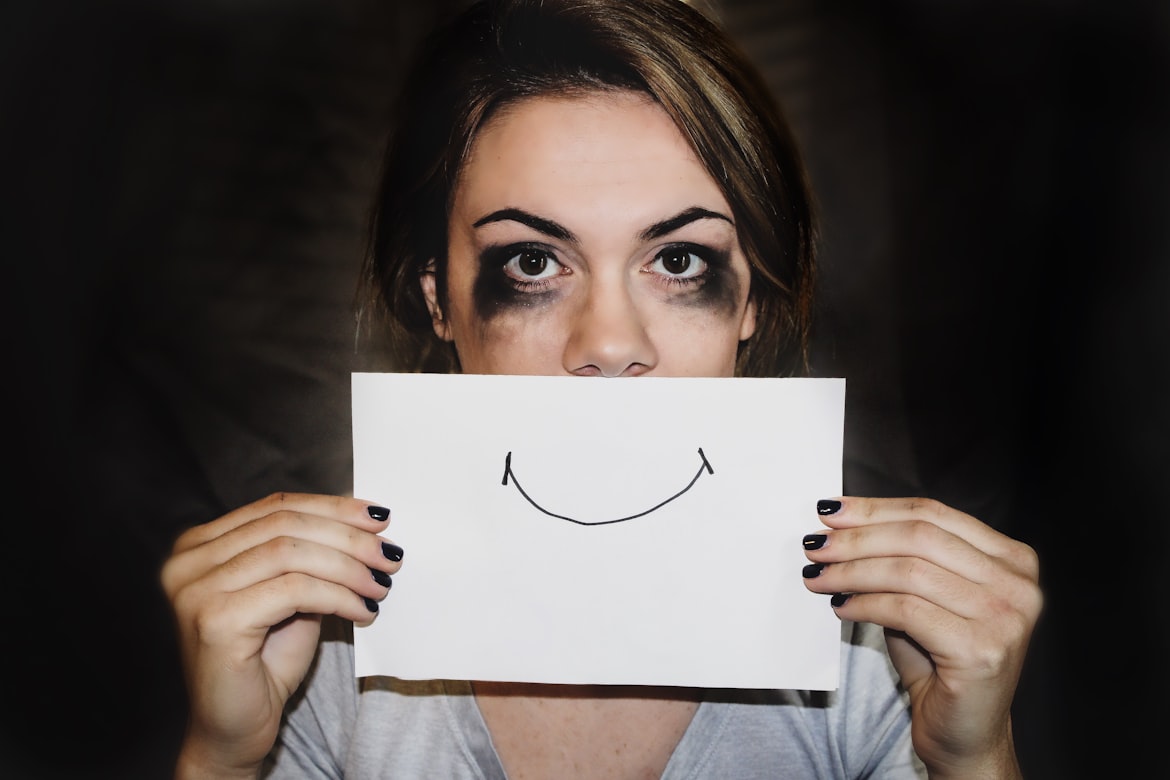Understanding Anxiety: Symptoms, Causes, and Treatment Options
Anxiety can affect anyone, at any time in their lives. It can be triggered by various life events, and if left untreated, it can cause severe harm to a person's mental health. In this blog post, we will explore the various aspects of anxiety, including its symptoms, causes, and treatment options.
Symptoms of Anxiety
- Nervousness, restlessness, or feeling tense
- Increased heart rate
- Rapid breathing or shortness of breath
- Sweating
- Trembling or shaking
- Difficulty sleeping
- Digestive issues
- Fatigue or weakness
- Panic attacks
Anxiety Causes and Triggers
- Trauma or stressful life events
- Family history of anxiety disorders
- Brain chemistry and imbalances
- Medical conditions, such as heart disease or thyroid problems
- Substance abuse or withdrawal
- Side effects of medication
How to Deal with Anxiety
- Identify triggers and avoid them
- Practice relaxation techniques, such as deep breathing or yoga
- Stay physically active
- Eat a balanced diet and avoid caffeine and alcohol
- Get enough sleep
- Seek support from loved ones
- Consider therapy or medication
Natural Remedies for Anxiety
- Lavender essential oil
- Chamomile tea
- Valerian root
- Exercise and physical activity
- Meditation and mindfulness practices
- Yoga and stretching
- Deep breathing exercises
- Acupuncture
Coping with Anxiety
- Understand your anxiety and its triggers
- Practice self-care and stress management techniques
- Join a support group or seek professional help
- Create a routine and stick to it
- Stay connected with loved ones
- Avoid negative self-talk
The Effects of Anxiety
- Physical health problems, such as heart disease and high blood pressure
- Relationship problems and social isolation
- Poor academic or work performance
- Substance abuse and addiction
- Financial difficulties
- Increased risk of suicide
Anxiety Treatment Options
- Cognitive-behavioral therapy (CBT)
- Medications, such as antidepressants and anti-anxiety drugs
- Exposure therapy
- Eye movement desensitization and reprocessing (EMDR)
- Group therapy
- Family therapy
Living with Anxiety
- Understand your condition and how it affects you
- Build a support system of loved ones and mental health professionals
- Practice self-care and stress management techniques
- Stick to a routine and avoid triggers
- Stay positive and focus on progress
Identifying Anxiety Triggers
- Specific situations, such as public speaking or flying
- Certain people or social situations
- Traumatic events or memories
- Physical sensations, such as a racing heart or sweating
- Negative thoughts and self-talk
Overcoming Anxiety
- Understand your triggers and develop coping strategies
- Seek professional help if needed
- Practice relaxation techniques and mindfulness
- Challenge negative thoughts and beliefs
- Stay physically active and maintain a healthy lifestyle
Coping with Stress and Anxiety
- Practice stress management techniques, such as meditation and exercise
- Identify and avoid triggers
- Seek support from loved ones and professionals
- Take breaks and prioritize self-care
- Practice positive self-talk
Understanding Anxiety and Panic Attacks
- Panic attacks are sudden and intense feelings of fear and anxiety
- Symptoms can include rapid heart rate, sweating, shaking, and shortness of breath
- Panic attacks can be triggered by specific situations or come out of nowhere
- Treatment options include therapy, medication, and stress management techniques
Mindfulness for Anxiety Relief
- Mindfulness involves being present in the moment and focusing on your thoughts and emotions
- Mindfulness can help reduce anxiety and stress
- Practice techniques, such as mindful breathing or body scans
- Incorporate mindfulness into daily
Conclusion:
Anxiety is a common mental health issue that affects millions of people worldwide. It can have a significant impact on an individual's life, relationships, and productivity. While there are different types of anxiety disorders, the good news is that anxiety is treatable.
There are numerous treatment options for anxiety, including therapy, medication, natural remedies, and holistic approaches. Identifying triggers, practicing mindfulness, and using mind-body techniques can help manage anxiety symptoms.
It's also essential to seek support from mental health professionals, loved ones, and support groups. Additionally, understanding the relationship between anxiety and physical health, relationships, decision-making, and work can help individuals manage anxiety effectively.
It's crucial to prioritize mental health and seek help if you're experiencing anxiety symptoms. With the right support and strategies, individuals can live a fulfilling life and manage anxiety effectively



